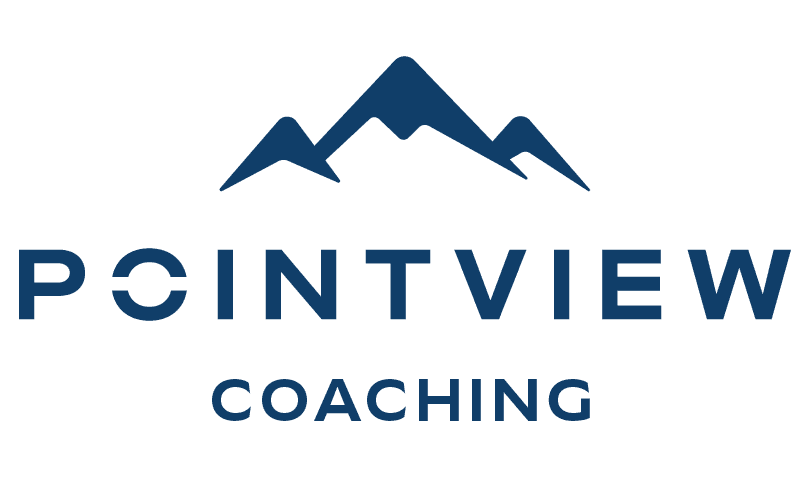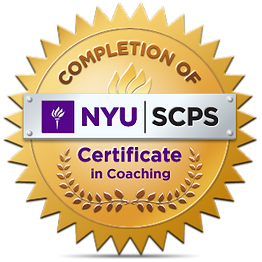responsibility – Case Study
Assigning a clear point-person for Waste Management Reports
Saving $10,000 in Fines Per Quarter
A company operating under strict environmental regulations was required to submit quarterly waste management reports. Deadlines were frequently missed — and the company was incurring thousands in fines.

PROBLEM
PROBLEM
DISCOVERY
SOLUTION
SOLUTION
IMPLEMENTATION
IMPLEMENTATION





